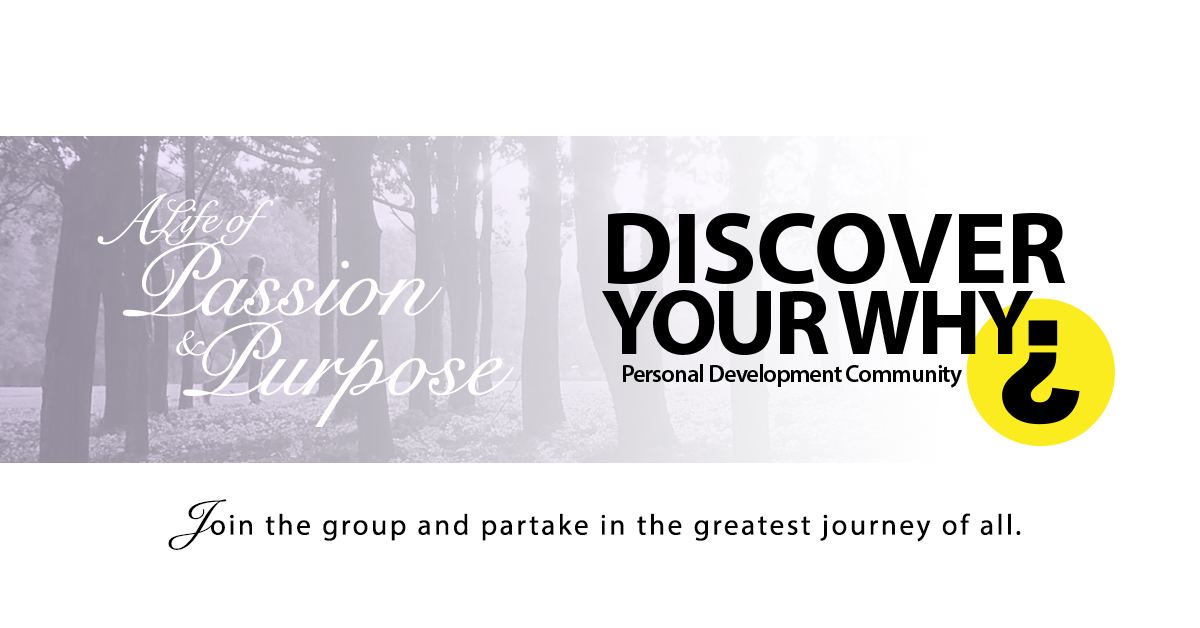
The Roads that lead to Self-Mastery
Is self-mastery a mindset? Are we all able to achieve our full potential or is mastery only available to those with the resources or pre-existing talent?
Success is a result of accomplishing whatever we set out to achieve – completing a goal or fulfilling a set aim or purpose. It doesn’t, however, mean we reach mastery. I am not sure if “self-mastery” is indeed absolute or possible. Here is a quote by Sarah Lewis that inspired this thought.
“Masters are not experts because they take a subject to its conceptual end, they are masters because they realise there isn’t one.” Sarah Lewis
I can learn how to bake a delicious thick-chocolate mud cake. I could repeat the process again and again until every time I complete the process the result is consistently exceptional. Then I become an expert mud-cake maker. Does this make me a master?
One could argue that yes, I am an expert. The perspective depends on who’s asked the question. Self-mastery relates to the Self, but I believe that external perspective does play a role in the assessment of mastery.
From an internal perspective, I can be content my belief that I have mastered a specific task or activity. It’s healthy to be proud, isn’t it? However, progress is never-ending, there is no finality. There is always room for improvement. There will forever be levels of mastery.
Accepting success and assuming mastery that results in an end to the pursuit of a particular subject is excellent. It allows us to pursue and even become experts in other fields that we love. There is an unlimited number of areas in life we could focus on with a desire to become experts, the issue, of course, is a limitation of time – we have to choose what we pursue wisely.
As we jump from one passion to another, our expertise in the previous area will weaken. We will not entirely forget what we’ve learned through the years of dedicated practice, but we will become less efficient, less skilled. Practice and mastery in any field is a never-ending pursuit.
If we throw down our arms and call an end to our pursuit, others who take our place. There are more than just one expert in any given field. As things tend to evolve and advance, those that are still playing the game will continue to learn and develop new skills and knowledge.
With modern life racing ahead, change is becoming more and more evident. What is relevant today may not be applicable tomorrow. As quickly as one skill is learned it becomes obsolete. Just as we reach “mastery,” discoveries are made that raises the bar, once again. Those that can master learning, particularly that of a complex if ambiguous nature, and do so quickly will be more prone to success and the evolution of self-mastery.
In a TED Talk by Sal Khan, he describes the issue we face with our educational system and learning. The learning trap creates limiting mindset and impacts one’s potential of achieving self-mastery.
Here is a summary. When we learn something, we are tested and graded on the result. Our results indicate how well we will do to the next level. The better they are, the better our chances of success. The problem is that regardless of our grade, students are moved to the next level before given an opportunity to master the current one unless we fail and are kept back to repeat the subject.
How can we learn the content of a more complex subject when we are not able to grasp this one entirely? We must learn the foundational concepts before we advance. These are the tools to help us level-up. Without them, we will be at a disadvantage.
Instead of progressing students before them being ready we must ask why? Why is there a learning gap? After identifying the learning gap, specific to the student, we can then assess and target that difficulty before having them proceed any further. If we don’t, we risk creating limiting mindsets.
If we cannot identify a learning gap and address it, it will widen as one progresses. When the subject becomes more difficult, and we struggle to learn the new concepts because we haven’t yet mastered the old, we will lose interest and likely give-up and bow in defeat. We then find our self-narration that says something like the following, “I am just not good at (insert subject here).”
This system that we rely on is flawed, and I believe based on the current trends it is becoming more and more imperfect. What students learn today may be irrelevant by the time they finish school. Learning is the skill we must teach and master if we genuinely want to achieve self-mastery.
If we have a mindset that is limited to what we can and cannot do that will obviously impact our potential. It not only puts a barrier to what we can try and experience but it will also lead to less motivation and desire to work at new things.
Motivation is what get us up in the morning. It is the spark that propels learning, growth, and progress. The desire to explore new fields, experiment, and discover is what ignites passion. It is the fire of desire, without it, there is no progress.
A mindset in which we tell ourselves that we aren’t cut out for greatness will put limitations on our desires, and this will limit our motivation that is essential for the journey towards self-mastery. Sarah Lewis stated in her TED Talk that a journey of self-mastery is a case of always having more desires than what we can accomplish.
The felt or perceived mastery in one subject shouldn’t evaporate my other desires or kill motivation. There is always room to improve and more challenge to be had and if you are bored or seeking new thrill don’t limit your vision – pursue other passions.
Self-mastery isn’t limited to one particular field. The self and the reality we live is infinite, and therefore mastery is too. For as long as we have fuel to burn and desire to learn self-improvement and progress are impermanent.
The source of our fuel is a growth mindset, not a limited or fixed one. A belief that how we live and be, and what we can do and have is abundant and within our control, or at the very least we have the opportunity to influence it. We must not put limits on what we can do or what is possible, that limits passion, desire, and a life of continual self-mastery.
Mastery is said to be comprehensive knowledge or skill on a particular subject. However, there is always more to learn as the topics change and evolve, and therefore self-mastery is a continuous, infinite and forever expansive.
“We thrive not when we’ve done it all but when we still have more to do.” Sarah Lewis.
FIND YOUR HIDDEN WHY with THE HIDDEN WHY (THW)
BUILD YOUR LIFE AROUND YOUR PASSION AND LIVE WITH PURPOSE
Sign up for free below and receive cool stuff from me each week + Plus a free copy of “The Four Pillars of Success”
In my weekly emails you will receive ideas, thoughts, learning’s and inspiration on:
- How to design a life that you want and live by your terms
- How to live a life with passion & purpose
- Methods, strategies, & techniques on life hacks
- Messages on how to better live your life
- We will also keep you up to date with fantastic interviews from THW podcast













Leave a Reply